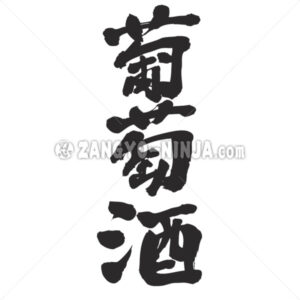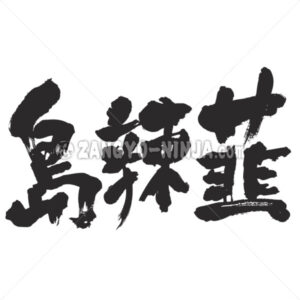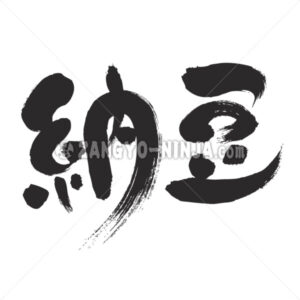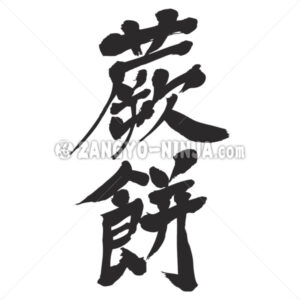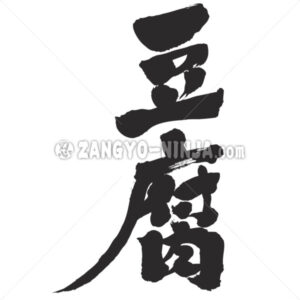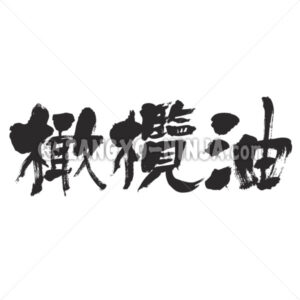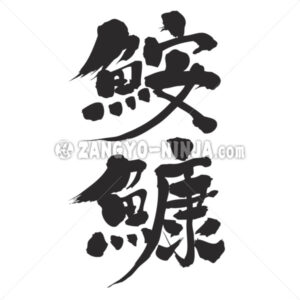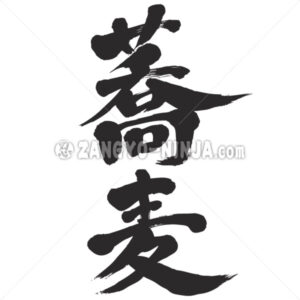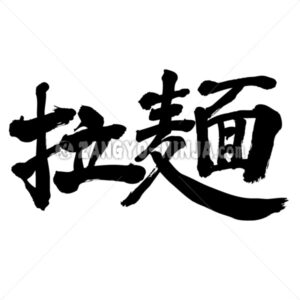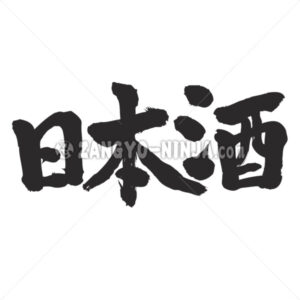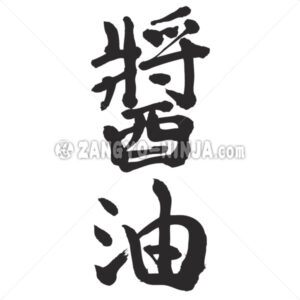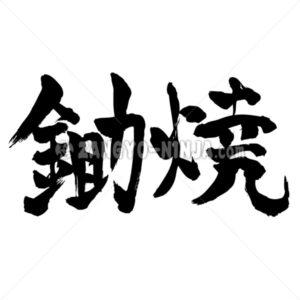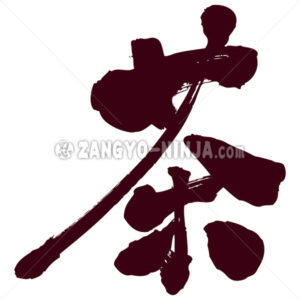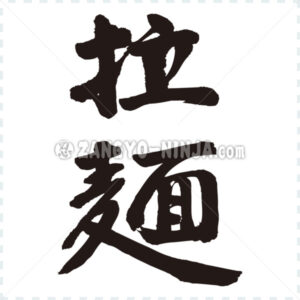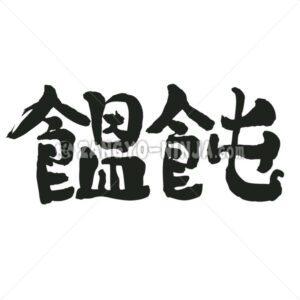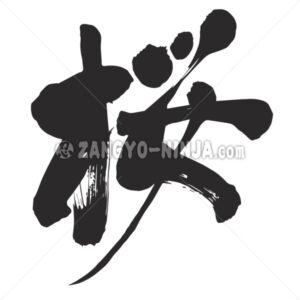
1. a light shade of red. name of color in Japan. 2. any of numerous trees and shrubs producing a small fleshy round fruit with a single hard stone. cherry, cherry tree.
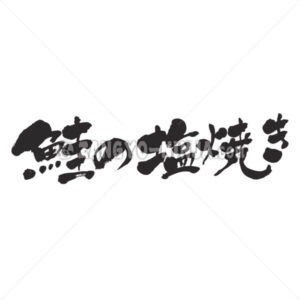
Sprinkle sake, sprinkle with salt, leave for about 10 minutes, and gently dampen the water that has come out with a kitchen paper. [Note] If placed too long, the body becomes hard. Spread the cooking sheet in a frying pan, bake the top about 60% on medium heat, turn over and bake 40%. Japanese … Read More
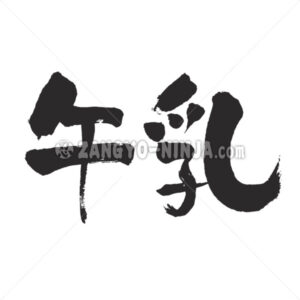
It is bovine milk. The processed milk product is dairy, and skimmed milk, butter, fresh cream, cheese, yogurt, ice cream, etc. are produced. Milk is known as a calcium-rich food. The fat content is high in the proportion of saturated fatty acids, and low fat milk etc. are produced due to health concerns. Japanese … Read More
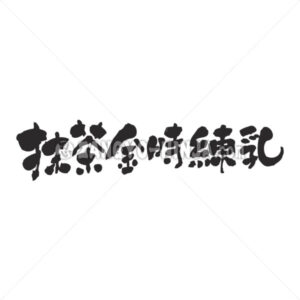
One kind of shaved ice syrup. It is Poker ice with Green tea and Red bean paste and Mike Syrup in Japan. Japanese says “Ma Cha Kin Toki Ren Nyu”.
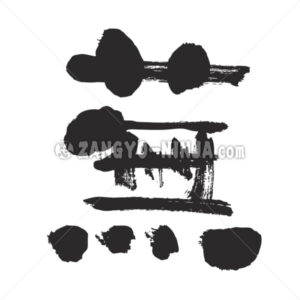
widely cultivated plant having a large fleshy edible white or yellow root. any of several widely cultivated plants having edible roots. root of any of several members of the mustard family. Japanese calls Kabu, Kanbura or Kaburana.
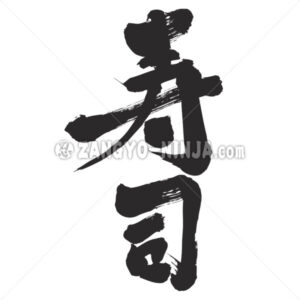
anything made with vinegared rice that also contain vegetables, spices, fish, or other delicacies.There are different kinds of “Sushi” and depending ON the locality. The most common is “Nigiri zushi” and originally produced in the Tokyo districet. Nigirizushi consists of small oval-shaped balls of rice seasoned with vinegar and sugar and topped with a … Read More
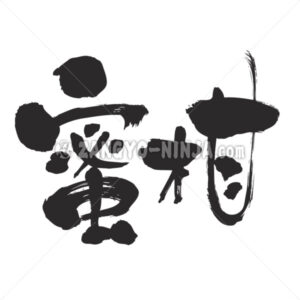
a somewhat flat reddish-orange loose skinned citrus of China. medium-sized largely seedless mandarin orange with thin smooth skin. Japanese says “Mi Kan”.
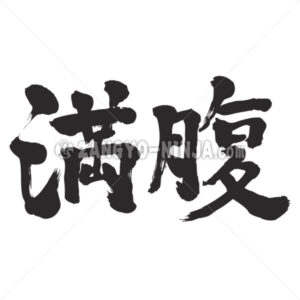
1. A state in which the appetite and thirst are satisfied. My stomach is full enough to eat no more. 2. It is used in the meaning of many, whole, hearty, etc. The whole body. Japanese says “Man puku”
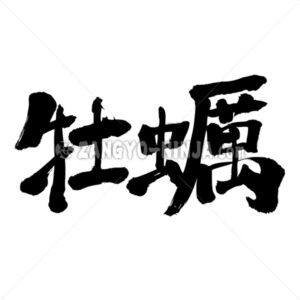
1. marine mollusks having a rough irregular shell. 2. a small muscle on each side of the back of a fowl. Japanese says Ka-ki(Kaki)
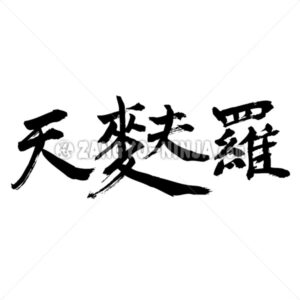
Japanese says Ten-pu-ra. Battered with water-soluble wheat flour and fried in vegetable oil. It begins in the Edo period. this is most difficult kanji. The etymology of tempura is “tempero” which means “cooking” in Portuguese and “templo” which means “heavenly day (day when birds and beasts are forbidden and eat fried fish)” in Spanish. … Read More
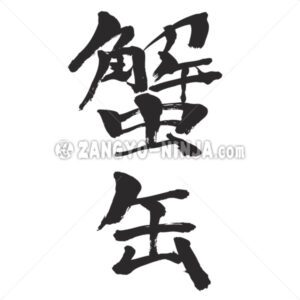
Canned crab meat boiled in water. While there are hundreds of yen (2 ~ 3 dollars) that you can see at supermarkets, there are also high-priced cans that cost 10,000 yen (100 dollars) per can. Japanese says Kani-kan.

A traditional Japanese soup consisting of a stock called “dashi” into which softened miso paste is mixed. And old style and noble word. It has been used by women since ancient times as a wife’s word. Japanese says o-mi-o-tsuke.


